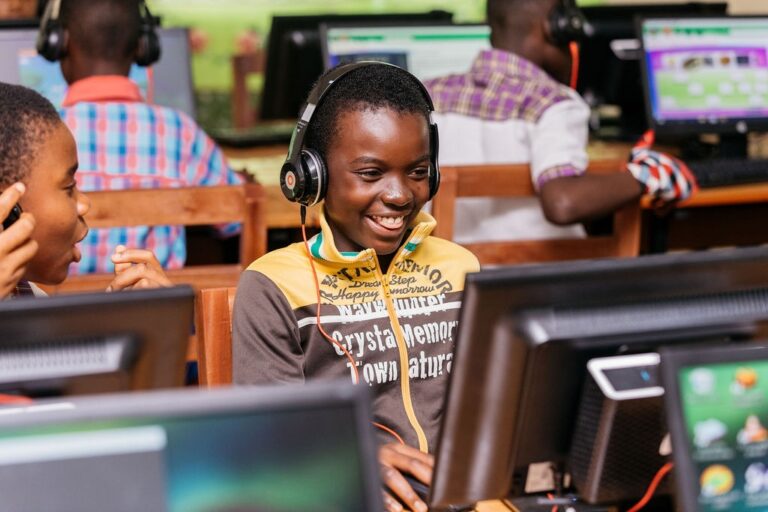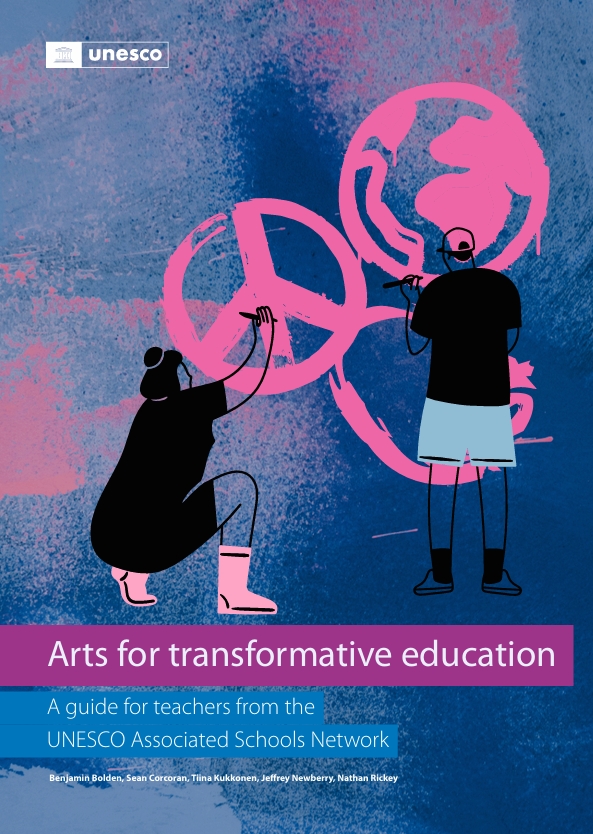Her Highness Sheikha Moza bint Nasser, UN Secretary General António Guterres and leaders from the United Nations, NGOs, and global industry, including President of Ghana and model philanthropist Naomi Campbell, celebrate an important milestone in addressing a growing global challenge.
By Educate a Child (EAC) – a programme of Education Above All, April 28, 2018
Today, Her Highness Sheikha Moza Bint Nasser, UN SDG advocate and Founder and Chairperson of Education Above All (EAA) Foundation, alongside partners, will announce that 10 million out of school children in some of the most challenging situations around the world, will receive quality primary education.
In an event that will gather world leaders at the New York Public Library, Sheikha Moza says, “We did not achieve this remarkable goal by snapping our fingers or by just writing checks.” In fact, EAA’s Educate A Child program has over 80 global partners, and operates with 42 of them in 50 countries, to tackle the barriers to education and close the gap on the 63 million out of school children. 1
“I have watched as schools were built from scratch… I have listened to lessons taught under the shade of a tree,” Her Highness said in her opening address. “The desire to learn is one of the most powerful forces of human nature. And it is in every child. Helping children fulfill that innate desire is the responsibility of us all.”
With a total of over $1.8 billion invested to reach the milestone, EAC has already enrolled over 6 million children worldwide in areas affected by poverty, discrimination, natural disaster, and conflict. Securing commitments to reach 10 million fulfils Sheikha Moza’s 2012 promise and demonstrates that progress is possible, even amid the worsening education crisis.
Sheikha Moza will call for more partners to replicate and scale up EAC’s successful formula as “the world is not a safe place, yet… Millions of children are still waiting and in desperate need of our help. Let’s work together to ensure a better future for all of them and for the world we share. Believe me, it is possible.”
At the event, United Nations Secretary-General, His Excellency Mr. António Guterres, speaks on the power of education, saying, “Our dream of a sustainable future cannot be realized if we do not support children’s dreams to gain an education. When we educate a child we give her more than books, papers, pencils or a calculator. We give her the tools, skills and imagination she needs to shape the world around her and to make her community, and her society, better, more prosperous and more peaceful.”
The event will bring together high-level attendees such as the President of Ghana, Mr. Nana Akufo-Addo, model and philanthropist, Ms. Naomi Campbell, as well as international and local NGOs, development agencies, development banks, governments and private sector companies from countries as widespread as Bangladesh, Brazil, India, Kenya, Palestine, Sudan, Syria and Yemen.
EAC works side-by-side with children, their families, communities, governments and partners, to identify barriers to education and support children to overcome them. This successful partnership approach allows for EAC to take local knowledge and expertise from the community itself and scale it up using multi-sector solutions.
Educate A Child has focused on enrolling hard-to-reach marginalised children, children in poverty, or those who face social or cultural barriers to education, and children living in crisis and conflict-affected environments. Examples of successful programmes that are being implemented include:
- Children living in rural remote areas far from school buildings, such as nomadic populations in Mali
- Children living in areas where the natural environment is challenging, such as the flood plains of Bangladesh
- Children living in conflict-affected areas where schools cannot operate, such as Syria and Yemen
- Children living in densely populated urban areas where schools may be over-crowded and dangerous, such as the favelas of Rio de Janeiro
- Children living in severe poverty and may have to work instead of going to school, such as children in domestic labour in Haiti.
Sources:




![[Preliminary Report] CRNA Collaborative Research for Exploring Factors Nurturing"Happy and Resilient" Children among Asian Countries](https://equity-ed.net/wp-content/uploads/2024/09/1725672182698.jpg)

